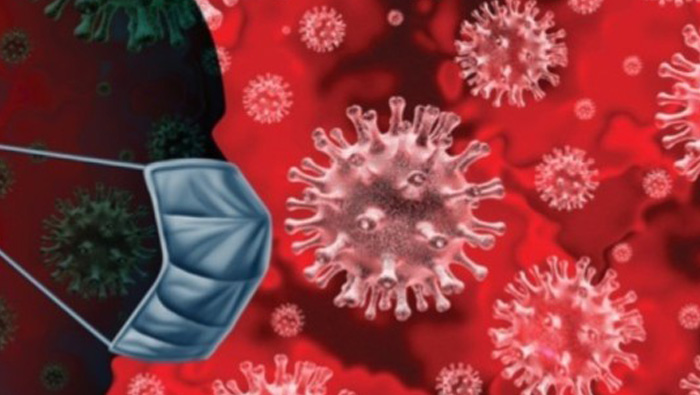
Muscat: To ensure medical professionals fighting against COVID-19 in Oman have timely access to personal protective equipment (PPE) several Omani companies have employed 3D printing technology so that they never run out of stock.
A number of private sector officials have lauded the efforts made by the Ministry of Commerce and Industry, in cooperation with the concerned government organisations, to contain the spread of the coronavirus, as well as to make their procedures easy and overcome the challenges faced by the local industries during the period of the pandemic.
They said that the pharmaceutical and medical industries of the Sultanate of Oman were based on strong foundations. Companies in Oman are involved in not just making medicines, but research and innovation as well. These industries are taking extraordinary efforts to produce various types of locally made medicines and medical equipment including masks, gloves, and sanitizers.
Saeed Al Rashdi, the CEO of the Omani Industrialists Association, said: “The continuous work of factories without any interruption during the crisis would not have been possible without the cooperation between factories and the concerned authorities, who provided the highest levels of safety for employees and workers in factories. It is agreed by all that the safety of human beings is above any financial considerations."
“But at the same time, the continuation of work in factories is also necessary to reduce the vulnerability of society in the time of crisis,” he added. “The epidemic has spread rapidly and unpredictably. Therefore, countries face the challenge of racing against time to collect medical equipment required to deal with the pandemic in the time of crisis. The countries which have strong industries have an advantage in this context."
“The medical and pharmaceutical industries sector of the Sultanate is without doubt in the preliminary stages,” Al Rashdi went on to say. “But during the coronavirus crisis, many industries appeared to have filled the shortage in the local market with products like medical masks. They used 3D printing technology for manufacturing of several types of protective gear for the medical sector. Several local factories made sanitization corridors to be put in front of establishments to reduce the threat the pandemic posed to the visitors.”
He said that the Omani Industrialists Association coordinated manufacturing operations by contributing in finding swift solutions to deal with challenges in the way of Omani factories, such as during the process of packing, packaging and logistics required for new products, which needed to be done in record time. Soon after the end of this pandemic, the association will hold meetings to assess the lessons learnt from the crisis and look into the weak points present particularly in these factories, and the sector in general.
Khalid bin Rashid Al Omairi of Al Bahjah Group said: “The crisis of the coronavirus pandemic has encouraged investors to invest in medical supplies, as well as introduced local companies which manufacture these products in the Sultanate. This has also shown the potential Omanis have for leadership and high levels of efficiency."
“Omani companies which produce medical and related materials have played a pivotal and major role during the coronavirus pandemic,” he said. “They have multiplied their production and made efforts to provide the products needed by health institutions and individuals to treat patients and preventive efforts to contain the spread of the coronavirus. This is despite the challenges posed by the pandemic in the way of the transport of raw materials imported from abroad,” he added.